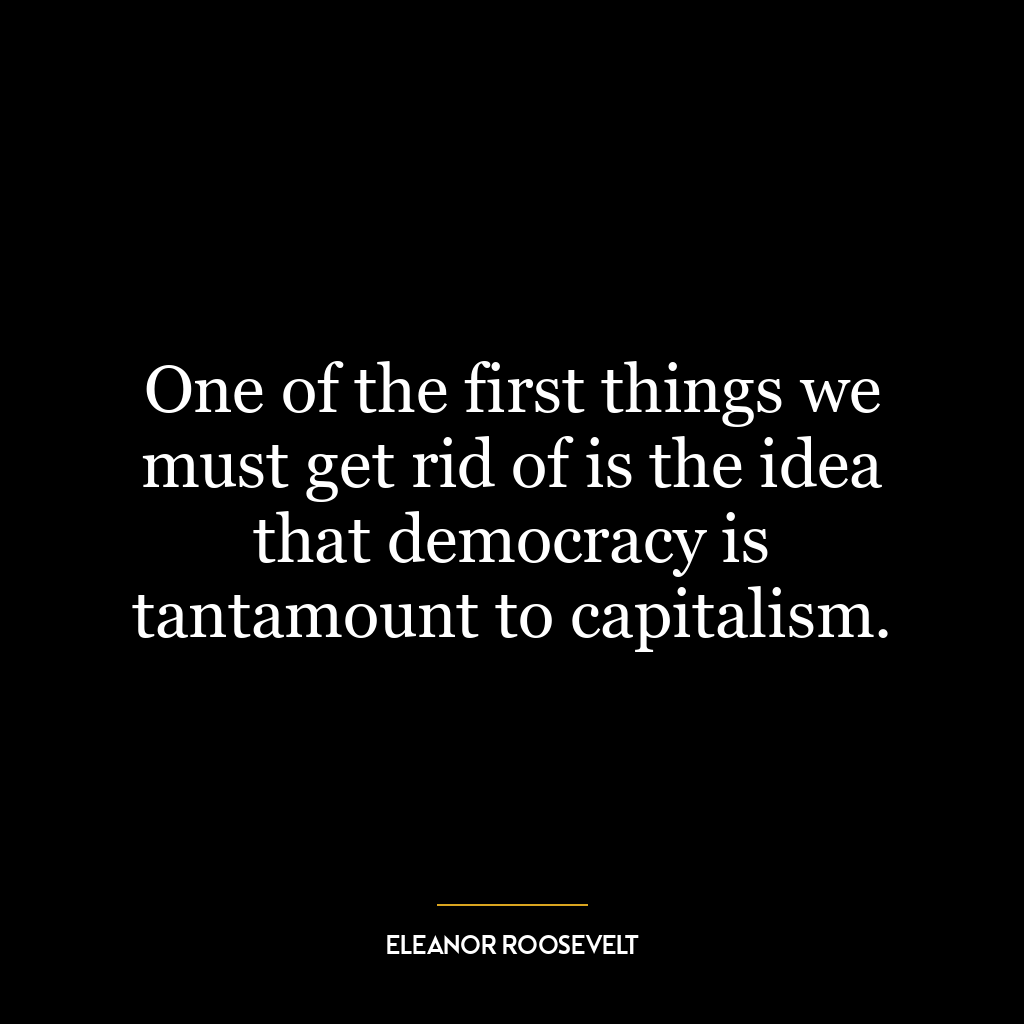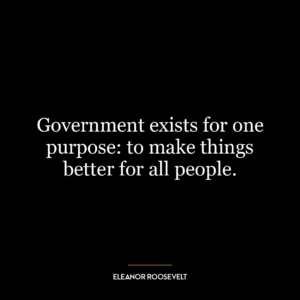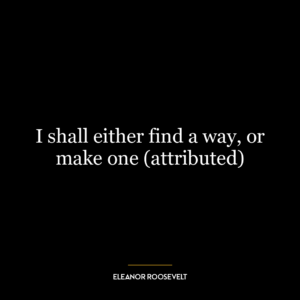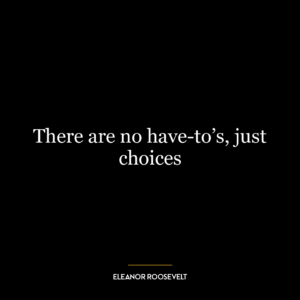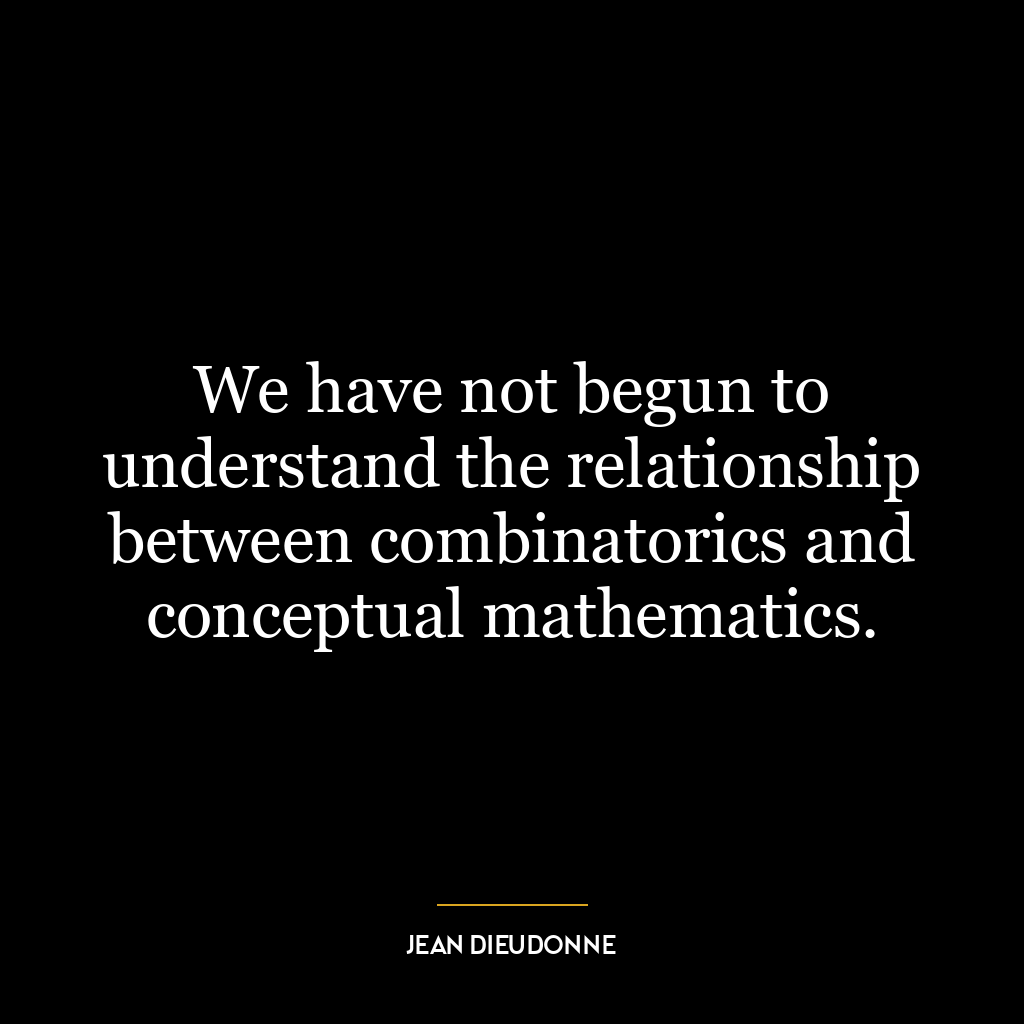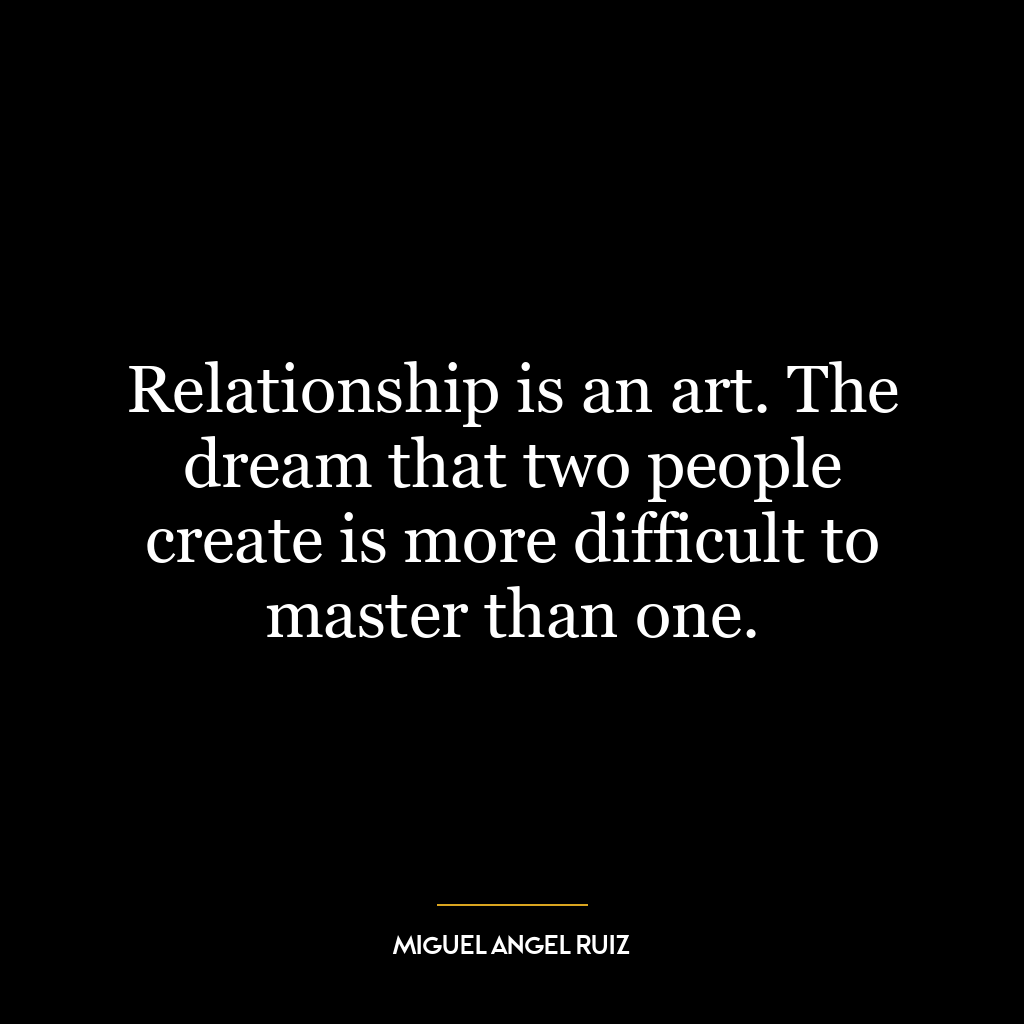One of the first things we must get rid of is the idea that democracy is tantamount to capitalism.
This quote challenges the common misconception that democracy and capitalism are interchangeable or inherently linked. Democracy is a form of government where power is vested in the people, who rule either directly or through freely elected representatives. Capitalism, on the other hand, is an economic system based on private ownership and the investment of wealth for profit.
While the two often coexist, they are not synonymous. A democratic society can choose to adopt a variety of economic systems, such as socialism or a mixed economy. Similarly, capitalist economies can exist under various forms of government, including autocracies or oligarchies. Thus, democracy is not tantamount to capitalism because the former is a political system, while the latter is an economic one.
Applying this to today’s world, it’s important to recognize that the health of a democracy cannot be solely measured by the success of its capitalist economy. For instance, a country might be economically prosperous, but if the wealth is concentrated in the hands of a few and the majority of the population lacks access to basic needs, it may not be a true democracy.
On a personal level, this quote can remind us to consider different aspects of our lives independently. Just as a country’s political and economic systems can function separately, so can our personal values and financial success. For example, being financially successful does not automatically make someone a good person, and vice versa. This perspective can help us balance and prioritize different aspects of our lives without conflating them.
Furthermore, this quote can inspire us to critically evaluate the systems we live in. Just because two things often go together doesn’t mean they must or should. By questioning these assumptions, we can imagine and work towards different possibilities. For instance, a democratic society that values social welfare over unchecked wealth accumulation.

